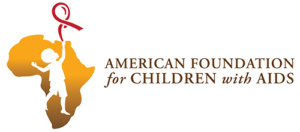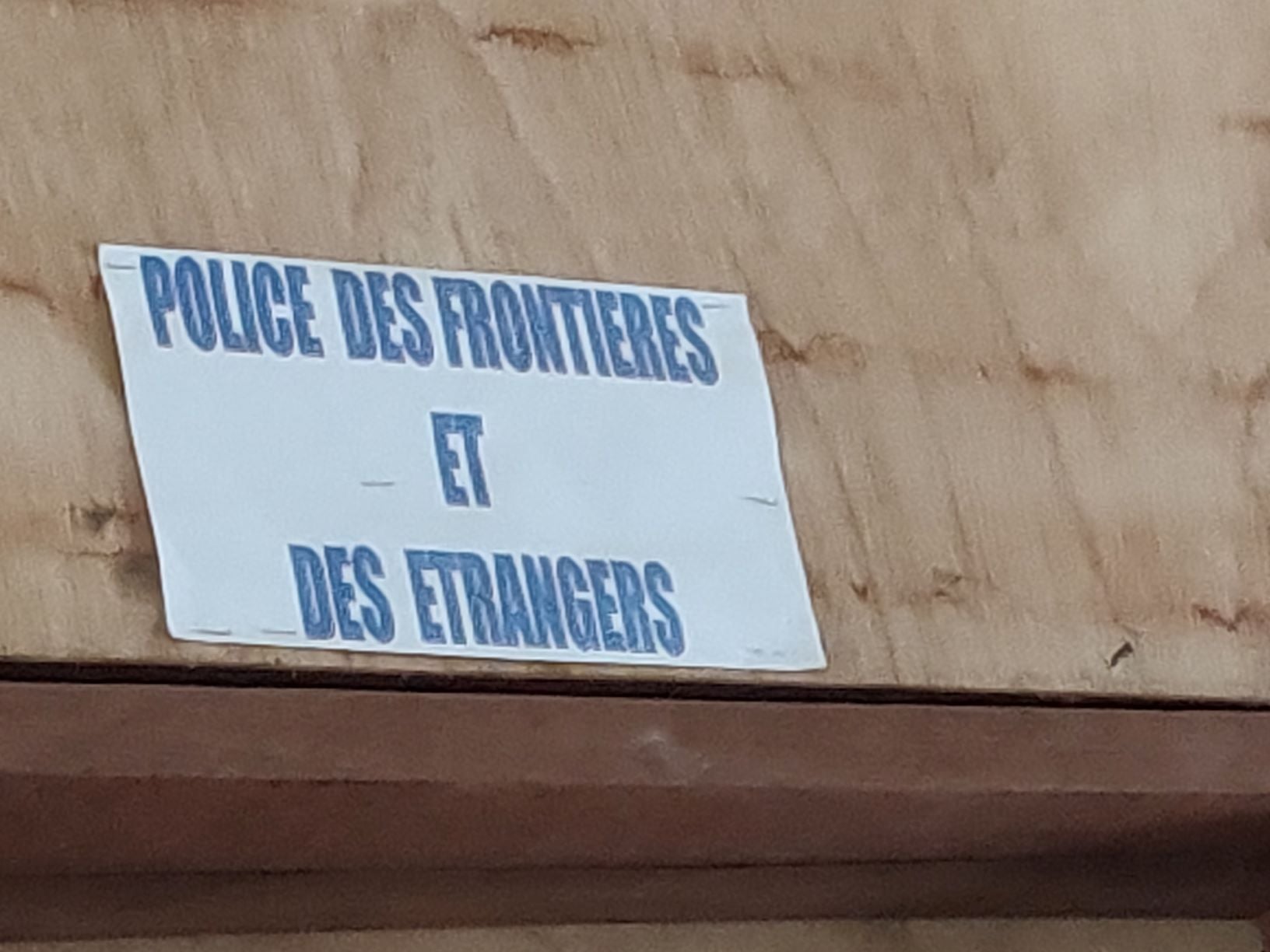My day’s plans are thrown out the window as I wait for Mandaba to pick me up so we can recover my passport from the DGM office in Gemena. We have been told that the man who confiscated it has returned to Gemena and he has assured us that the passport will be waiting for us. We wash our hands, have our temperature taken, and put on masks before entering the wooden building downtown where we are greeted by three men with no masks on in a small room. They hear our story impassively, show us to the waiting room and tell us to wait.
We wait.
I share a meat stick with Mandaba and we wait.
We watch a man of Indian descent walk out of the immigration office time and again, each time going with a different man around the corner, paying them and returning to the office. I lose count as to how many people he pays off, but the process is quite lengthy and he seems defeated as he enters the room once more.
We eat some almond butter, drink water and we wait.
Eagerly, we stand up when summoned and go to the director’s office where our story is recounted once again. I watch as the director continues to do the editing job he was doing when we arrived, briefly nodding from time to time, as though listening to Mandaba, when he obviously is not hearing much of what is being said. Finally looking up, he says that we need to pay three fines and that we need to fill out paperwork, and blah, blah, blah. I lose him at the “three fines” portion of his speech. He brings out a form which he says I didn’t fill out and that it is required if I am to have a visa to enter the country. “Well”, I say, “I was never given that form and I have a visa. The form was not mentioned on the visa application and it was not mentioned to me at the embassy.” I ask for a copy of it so I can fill it out the next time I come but he declines. He says I will need to pay in order to get my passport back but when asked where the passport is, he admits that the DGM guy has not brought it in yet. The conversation goes on for an eternity and we go around in circles, but no passport is produced because it hasn’t been brought to the office.
The director calls the immigration office in Zongo, my port of entry, and verifies that, indeed, I did all the entry process correctly. He seems unhappy with that report and comes back to mentioning the form he wishes I had filled out before. He refuses to let me fill it out now and he won’t provide me a copy, though. The charges of digging a well are forgotten and it seems that I am guilty of something else entirely, but I am not sure what. At an impasse without a passport, we are sent back to the waiting room, where we sit and wait.
Mandaba goes out to get some phone minutes in case I need to call the American embassy.
I sit and wait and try to act completely unfazed by the repeated requests to go to a small room at the end of the hallway where I see the DGM guy who took my passport enter. I am asked three times. I refuse to go until Mandaba returns.
I drink more water.
I wait.
Mandaba and I enter the room which the DGM guy has now vacated, leaving us with someone who tells us that he understands my plight and that he has my passport now. He lifts it up and lets me see it, but when I put out my hand to take it, he pulls it back and places it in front of him.
His phone rings and he leaves the room, whispering to someone on the other end of the line. He returns and tells us that everything is ok now. That I am free to go and I can have my passport as soon as I fill out a specific form. That there are no fines to pay and there is nothing held against me. He doesn’t know that I know that a friend has called the vice-governor, asking him to intercede and that another one has just met with the DGM director, also talking on my behalf. He doesn’t know that there’s a load of people praying for a change of heart. I pretend he has done us a favor and extend my hand in gratitude. We nod, thank him, and leave the small room.
We enter yet another room where my information is recorded AGAIN and where there is a small debate as to what color I am – “is she white? No, she looks more like yellow”. Mandaba explains that I used to be white, but that two weeks in the sun have made me darker, so yellow is the color chosen to describe me on the form. I agree to being yellow, sign the form and take my passport. I want to kiss this little book that holds so much power – the power to allow me to leave for home tomorrow and the power to have me stay for much longer than planned. Instead, I thank the men around the table that stare, put the document in my pack and stand to leave.
We walk out to the bright sunlight in the mid-afternoon, a day wasted to bureaucracy and greed but redeemed by the winning of the battle.


